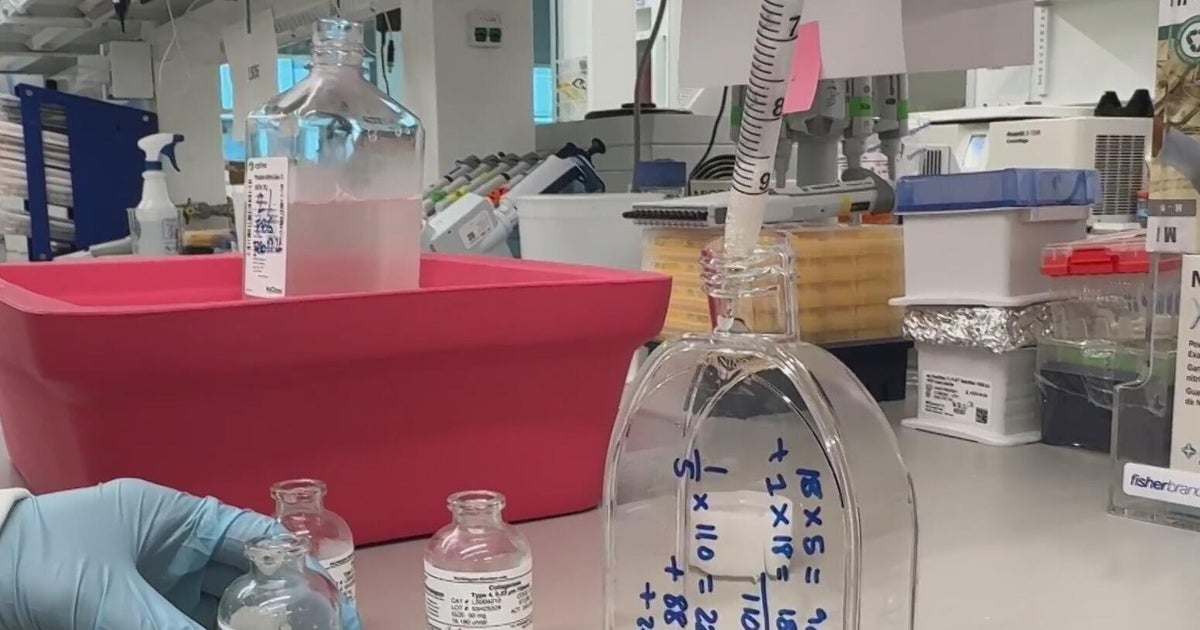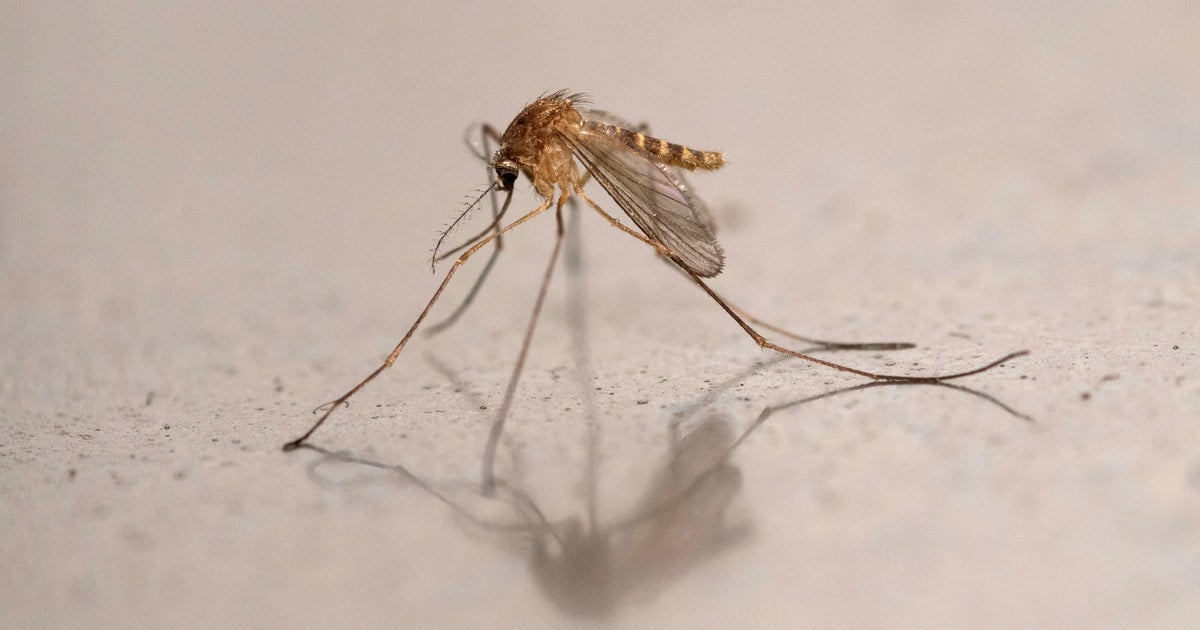UC Davis Doctors Find Success With Experimental Coronavirus Treatment Remdesivir
SACRAMENTO (CBS 13)— It's a potential breakthrough in the fight against coronavirus — the nation's top infectious disease doctor said there's clear evidence experimental drug remdesivir can boost the chances of recovery.
UC Davis doctors are doing clinical trials with the same success. They're calling remdesivir "promising" but also said these are preliminary results. The drug is by no means a cure, but it's at least a chance for those fighting the coronavirus.
"It's not a slam dunk yet, but it's incremental progress," said Dr. Dean Blumberg, a UC Davis Infectious Disease Expert.
Dr. Blumberg said remdesivir did not actually do what researchers hoped it would, which was reduce the concentration of the virus inside a person.
"But what was found was that if you treat them earlier in the illness, they get better faster, so that's promising," he said.
Remdesivir was initially designed to treat Ebola, but that didn't work out well. Now doctors are repurposing it, hoping that its antiviral capabilities can help us now.
READ: UC Davis Researchers To Begin Testing Coronavirus Vaccine Patch This Week
"It's not an FDA-approved medication but it's available for treatment for patients who are sick or are in the hospital," Dr. Blumberg said.
UC Davis performed its own clinical study using remdesivir on 53 coronavirus patients. Almost 70% had improved oxygen levels after 18 days, and nearly half were discharged and sent home.
Success like this is gaining attention from the nation's top infectious disease doctor, Anthony Fauci.
"The data shows remdesivir has a clear cut, significant and positive effect in diminishing the time to recovery," Fauci said.
Gilead Sciences, the company that manufactures remdesivir, said in a statement that they have 1.5 million individual doses available. That amount is enough to treat roughly 140,000 people. The company is working to expand production.
Meantime, Dr. Blumberg said while early success with the drug is a good sign more research and larger studies are needed.
"This is a relatively small number of patients that were treated, the benefits were relatively mild. This is not a drug that's going to be for everyday use," he said.







